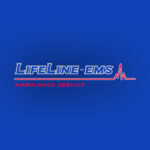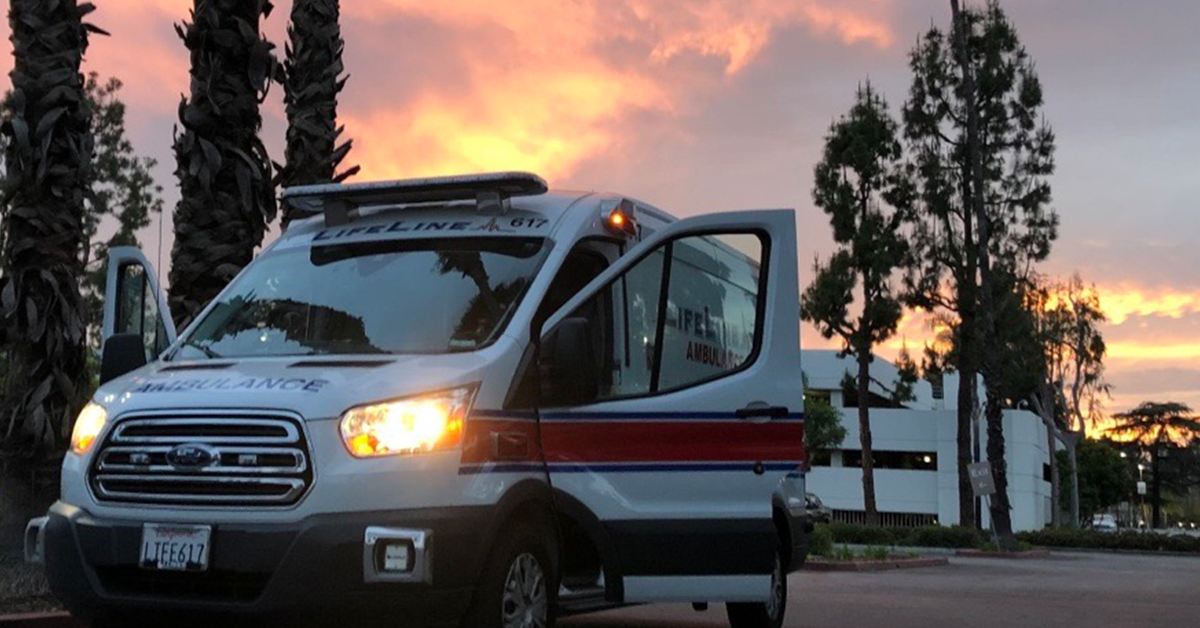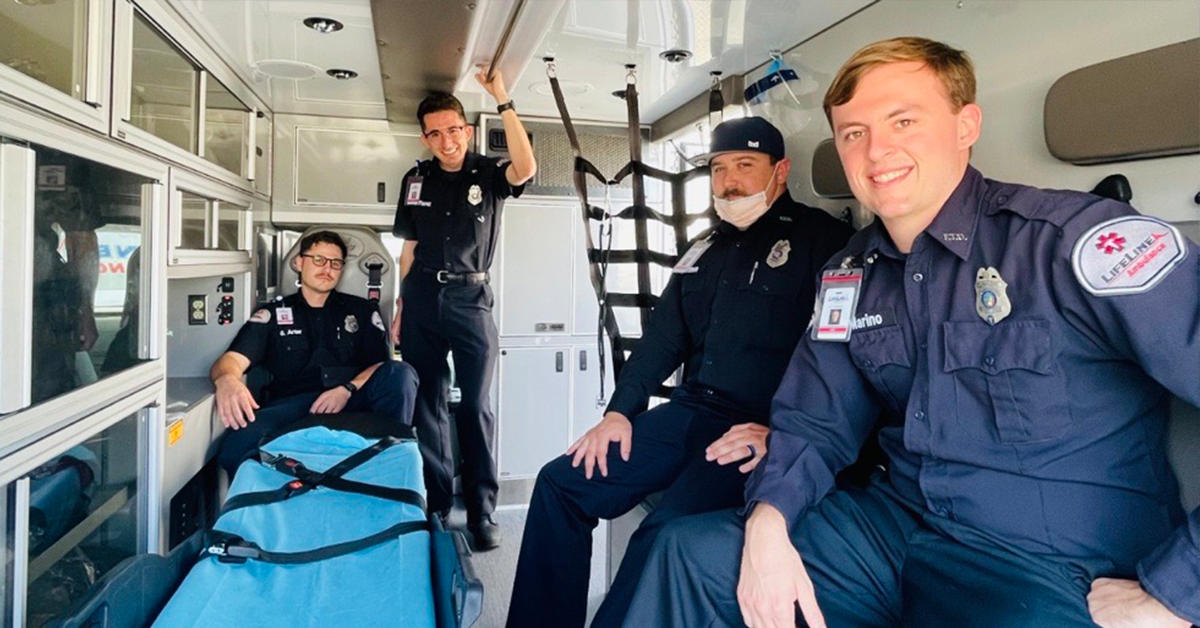Choosing a career as an Emergency Medical Technician (EMT) is more than just selecting a job; it is stepping onto a path filled with opportunities for growth, development, and profound impact. At LifeLine EMS, based in Los Angeles and Southern California, we understand that becoming an EMT is often just the beginning of a rewarding career journey. This article explores how starting as an EMT can pave the way to various future careers and why LifeLine EMS is the perfect launching pad for your professional success.
The Foundation of an EMT Career
An EMT career provides a solid foundation of skills and experiences that are invaluable across numerous fields. Here’s how this foundational experience sets you up for success:
1. Critical Skills Development
EMTs develop essential skills such as critical thinking, problem-solving, and decision-making under pressure. These skills are highly transferable and valued in many professions.
2. Medical Knowledge and Experience
The medical knowledge and hands-on experience gained as an EMT are crucial for advancing into more specialized healthcare roles, such as paramedics, nurses, or physician assistants.
3. Communication and Interpersonal Skills
EMTs regularly interact with patients, families, and healthcare professionals, honing their communication and interpersonal skills. These abilities are essential for leadership roles and positions that require collaboration and empathy.
4. Resilience and Adaptability
Working in emergency medical services builds resilience and adaptability, preparing EMTs to handle various challenges in any career path they choose to pursue.
Career Paths After Being an EMT
Starting as an EMT opens doors to numerous future career opportunities. Here are some of the most common paths that EMTs can take:
1. Paramedic
Many EMTs choose to advance their careers by becoming paramedics. Paramedics have a broader scope of practice and can perform more advanced medical procedures. This role offers increased responsibilities and opportunities for further specialization.
2. Registered Nurse (RN)
Transitioning to a career as a registered nurse is a natural progression for many EMTs. With their background in emergency care, EMTs often excel in nursing programs and can pursue specializations in areas such as emergency nursing, critical care, or trauma.
3. Physician Assistant (PA)
Becoming a physician assistant is another rewarding option. PAs are licensed to diagnose and treat illnesses, prescribe medication, and perform procedures under the supervision of a physician. The clinical experience gained as an EMT is highly beneficial for PA programs.
4. Healthcare Administration
For those interested in the administrative side of healthcare, positions such as healthcare administrators or managers are ideal. These roles involve overseeing the operations of healthcare facilities, improving efficiency, and ensuring quality patient care.
5. Education and Training
Experienced EMTs can transition into roles as educators and trainers. Teaching future EMTs or providing continuing education for healthcare professionals allows experienced EMTs to share their knowledge and skills, shaping the next generation of emergency responders.
6. Public Health and Safety
EMTs can also move into public health and safety roles, such as public health officers or emergency preparedness coordinators. These positions focus on improving community health, developing emergency response plans, and managing public health initiatives.
The LifeLine EMS Advantage
LifeLine EMS is committed to supporting its employees’ career growth and providing the resources necessary for success. Here’s how LifeLine EMS stands out as the ideal place to start and advance your career:
Comprehensive Training Programs
LifeLine EMS offers extensive training programs that prepare EMTs for their roles and provide a foundation for future career advancement. These programs include:
- Basic Life Support (BLS) and Advanced Life Support (ALS) Training: Essential skills for emergency medical care.
- Specialized Training: Courses in pediatric care, trauma response, and disaster preparedness.
- Continuing Education: Opportunities for further education and certifications, supported by tuition reimbursement programs.
Supportive Work Environment
A supportive and collaborative work environment is crucial for professional development. LifeLine EMS fosters a culture of teamwork, respect, and open communication, ensuring that employees feel valued and supported.
- Mentorship Programs: New EMTs are paired with experienced mentors who provide guidance and support.
- Team Building: Regular activities and events promote camaraderie and strengthen team dynamics.
- Open Communication: Regular meetings and feedback sessions ensure employees’ voices are heard and their concerns addressed.
Career Advancement Opportunities
LifeLine EMS offers clear pathways for career advancement, ensuring that EMTs have the opportunities to grow and achieve their professional goals.
- Leadership Development Programs: Designed to prepare EMTs for supervisory and managerial roles.
- Internal Promotions: Prioritizing internal candidates for advanced positions such as field training officers and supervisors.
Competitive Compensation and Benefits
Recognizing the hard work and dedication of its employees, LifeLine EMS offers competitive compensation packages and comprehensive benefits, including:
- Competitive Salaries: Reflecting the skills and experience of EMS professionals.
- Health and Dental Insurance: Ensuring access to essential healthcare services for employees and their families.
- Retirement Plans: Helping employees plan for their future financial security.
- Paid Time Off: Generous policies that promote work-life balance.
Impactful Community Engagement
LifeLine EMS is deeply committed to the communities they serve. Beyond providing emergency medical services, LifeLine EMS actively engages in community outreach and education.
- Public Health Education: Initiatives such as CPR training, first aid workshops, and emergency preparedness seminars.
- Community Events: Participation in health fairs and safety demonstrations.
- School Programs: Educating students about the importance of emergency preparedness and health, inspiring future EMS professionals.
Real-Life Success Stories
At LifeLine EMS, many EMTs have successfully transitioned into advanced roles within the organization or other healthcare fields. Here are a few real-life examples:
From EMT to Paramedic
John started his career at LifeLine EMS as an EMT. With the support of the comprehensive training programs and mentorship at LifeLine EMS, he successfully advanced to become a paramedic. Today, John leads a team of EMTs, sharing his expertise and passion for emergency medical care.
From EMT to Nurse
Sarah began her journey at LifeLine EMS and used the tuition reimbursement program to complete her nursing degree. Her experience as an EMT provided a strong foundation for her nursing career, and she now works as an emergency room nurse in a major Los Angeles hospital.
From EMT to Healthcare Administrator
Michael leveraged his experience at LifeLine EMS to move into healthcare administration. He now manages operations at a healthcare facility, using the leadership skills and knowledge he gained as an EMT to improve patient care and operational efficiency.
Keep Reading
Want more? Here are some other blog posts you might be interested in.
Emergency Medical Services s a high-stress, physically demanding profession that requires dedication, quick decision-making, and resilience. While the rewards of saving lives...
Emergency Medical Services professionals are often the first point of contact during critical health crises. While technical expertise is essential in emergency...
Emergency Medical Services play a critical role in ensuring the health and safety of communities. In Southern California, including Los Angeles, the...






